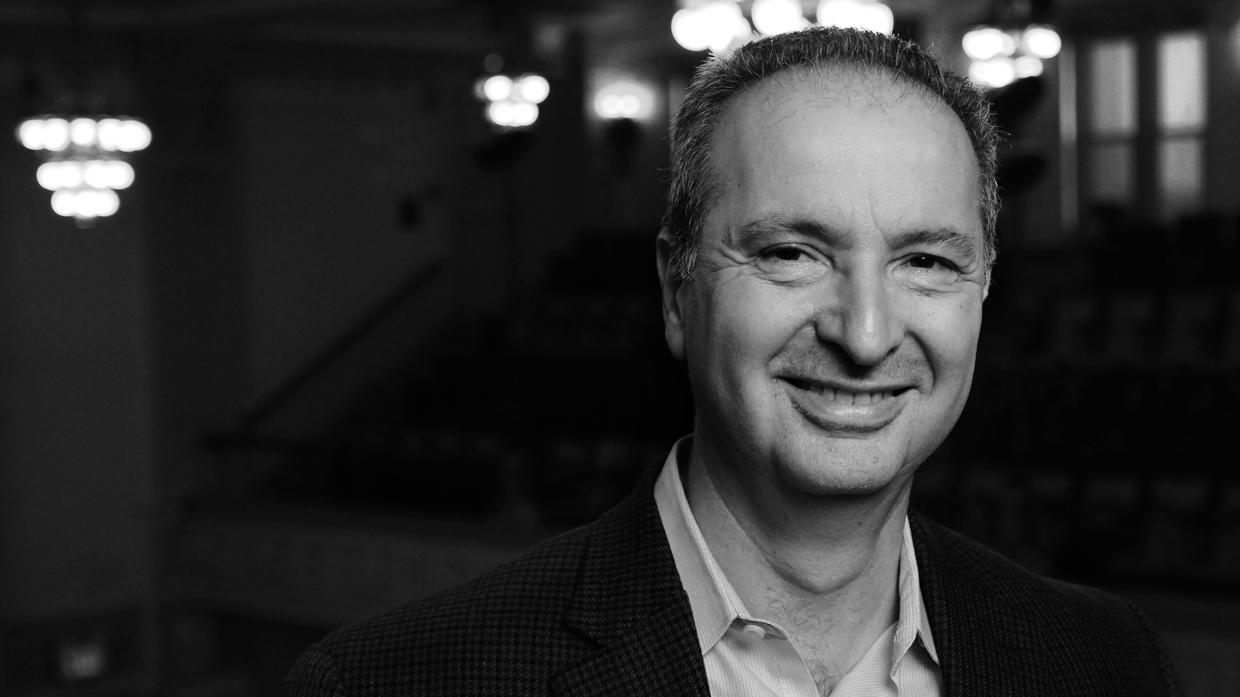Pete Scazzero is the founding pastor of New Life Fellowship Church in Queens, New York, and has served as its senior pastor for the last 25 years. He is also the author of multiple books including his latest book The Emotionally Healthy Leader.
1. You hear a lot about emotionally healthy churches, but not healthy leaders, why do you think that is?
I think it’s very challenging to get a handle on it beyond the 10,000-foot look. Everyone agrees that discipleship and formation used to embrace the whole person. I think it is the application of the theology as it intersects with leadership, and it has been hard for us to get our hands around it theologically and practically. It’s one thing to take the emotional intelligence material that’s been around for decades, which is one level of improving a corporate environment with emotional intelligence. That’s not talking about transformation of a person, our character into the likeness of Christ, it’s not talking about doing it out of a groundedness in Jesus. We bring certain things to the table I think as pastors and leaders that make the question of what is an emotionally healthy leader very unique and very distinct.
2. I wonder if leaders are thinking, I can’t afford to be vulnerable enough to check my emotional health as a leader, or the people I lead might see me differently, it might open me up to kind of criticism or even losing my job.
Well, I think even though it is a misunderstanding, what does it mean to be in touch of your “emotional components” in who you are as a human being? What does that even mean? I think that’s the first question because it’s not about being a touchy-feely person or even expressing your emotions. It is way more than that, at least as I am defining an emotionally healthy leader.
If we are not self-aware a gap grows over time between who we are in public when we are preaching and who we really are on the inside. That’s when it gets to be dangerous
3. Do you think pastors tend to put pressure on themselves to be this kind of great leader without looking inside.
What happens is that a gap develops between our outer personas that we project to people from the stage on a Sunday, and our inner person, who we really are in our inner lives. When you are preaching and speaking about God every week from Scripture, that’s quite a standard, and I want that gap to my integrity to be as small as possible. If we are not self-aware a gap grows over time between who we are in public when we are preaching and who we really are on the inside. That’s when it gets to be dangerous and all kinds of problems result from that.
4. Do you think sometimes it is because the leaders have nobody in their life regularly checking on them? Is that a significant reason why leaders could be emotionally unhealthy?
Of course, it’s a factor, but I’ve been doing this for thirty years now and we were talking about the same issue years ago. One of my mentors, Leighton Ford, said people that are living double lives, they just lie to their accountability partners. It doesn’t necessarily protect you from anything, but I think it is first theological. I think first it’s a biblical issue, how we understand what is a leader, a Christian leader in the church and how is that different than secular leadership? I would argue it is very, very different because of Christ. This is about walking in integrity as a leader in a way that is not just what you do, it’s who you are that matters much more.
This is about walking in integrity as a leader in a way that is not just what you do, it’s who you are that matters much more.
5. I think that’s really a good discussion point that there is a difference between what you are saying of spiritual leadership and secular leadership. Do you think sometimes those boundaries are confused?
Yes, I picture it like a tree with deep roots, out of which the tree then grows and branches grow out of it. The organic nature of those roots have to inform our outer activities as leaders, such as how we make plans, how we make decisions, how we build a healthy culture. In other words, if you were to graft on a secular program and throw it on the tree, and make it a branch, without it being informed by the roots that are hopefully grounded in Jesus, eventually the fruit from that branch is going to have problems because it needs to be informed by some roots in Christ.
Daniel Darling is vice-president of communications for the Ethics and Religious Liberty Commission. He is the author of several books, including his latest, Activist Faith.









